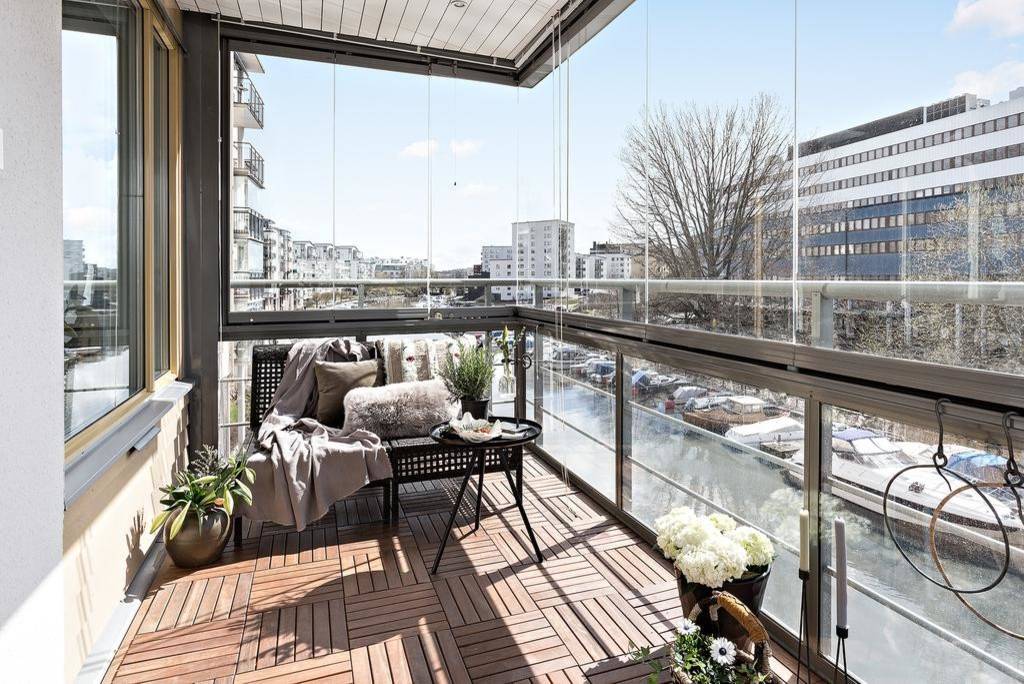
One of the major factors driving property development industry that is driving the property development industry in Malaysia is the rapid growth of urbanization and growth of the population in major cities. Since more people are moving to urban areas for higher job prospects and better quality of life, demand for housing has increased. Developers have responded by constructing large-scale residential structures, luxurious condominiums, and affordable housing initiatives to cater to different segments of the community. In addition to residential properties and commercial properties, there is the need to build commercial space, such as office buildings, retail malls and mixed-use projects. The large-scale development projects have become the foundation of Malaysia's economic growth, and have attracted foreign investment and creating job opportunities.
The growing attention to sustainability has significantly influenced property development in Malaysia. Since global worries about environmental pollution increase, many developers of property have started incorporating environmentally friendly building practices in their plans. Initiatives for sustainable development that include energy efficient structures or green areas, as well as sustainable materials, are becoming popular in Malaysia's urban development. In Malaysia, the Green Building Index is a system of certification designed to promote sustainable construction and design is becoming popular among builders looking to create environmentally conscious projects. With the incorporation of sustainable practices into the design of their projects, they can not only reduce the environmental footprint of their buildings, but fulfilling the requirements from a more environmentally conscious customer base who appreciate energy-efficient as well as eco-friendly living environments.
The increasing popularity of smart cities as well as technological integration is a key factor that is influencing the development of property in Malaysia. Developers are increasingly including technological advancements into their projects such as smart home systems that let homeowners control appliances remotely to larger-scale infrastructure, such as energy-efficient lighting or innovative transportation solutions. The smart city initiative aims to enhance the efficacy and convenience in urban living, making life more convenient and sustainable for residents. In addition to enhancing day-to-day activities, smart technologies are included in security mechanisms, making sure that communities are safer and more safe. Smart technology adoption reflect a wider trend towards modern, technologically driven cities, placing Malaysia on the cutting edge of smart city innovation within Southeast Asia. To gather new details kindly look at https://akisama.com.my/

Property developers in Malaysia have their own challenges to overcome when they try to fulfill the growing demands of urbanization. One of the biggest problems is the growing cost of land especially in prime urban areas that are crowded. The price of land is making it harder for developers to offer affordable housing, which remains a pressing concern for large numbers of Malaysians. Also, fluctuation in the real estate market, driven by aspects like economy, government policies, and changing consumer preferences could result in periods that are over-supplied or less demand. Developers must be aware of these market dynamics carefully, adjusting their strategies to ensure long-term sustainability and profit in a constantly changing landscape.
In the near future, the direction of property development in Malaysia seems promising. While the nation continues to experience economic growth and growth in urbanization, property developers continue to be key in shaping the nation's infrastructure and urban space. The shift towards sustainable development and smart cities is likely to grow in growth, as developers work on constructing green, technologically advanced spaces that cater to the demands for the next generation. In addition, the ongoing investment in infrastructure, such as transportation networks and public facilities, will offer more opportunities for property owners to create well-connected, vibrant urban areas. In the coming years, Malaysia's property builders will continue to be an integral part of the nation's modernization, creating environments that foster both economic growth and improved quality of life for all.